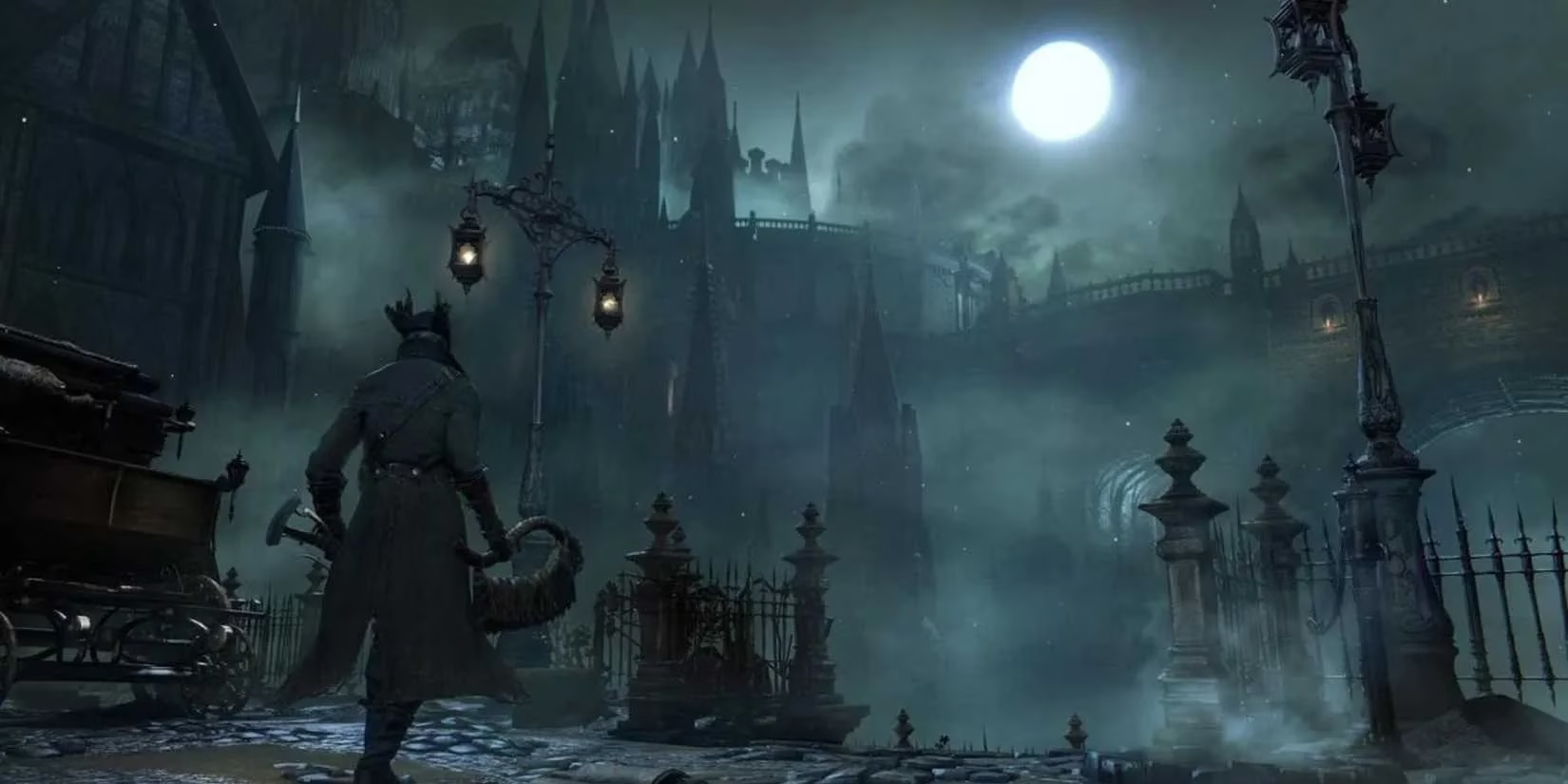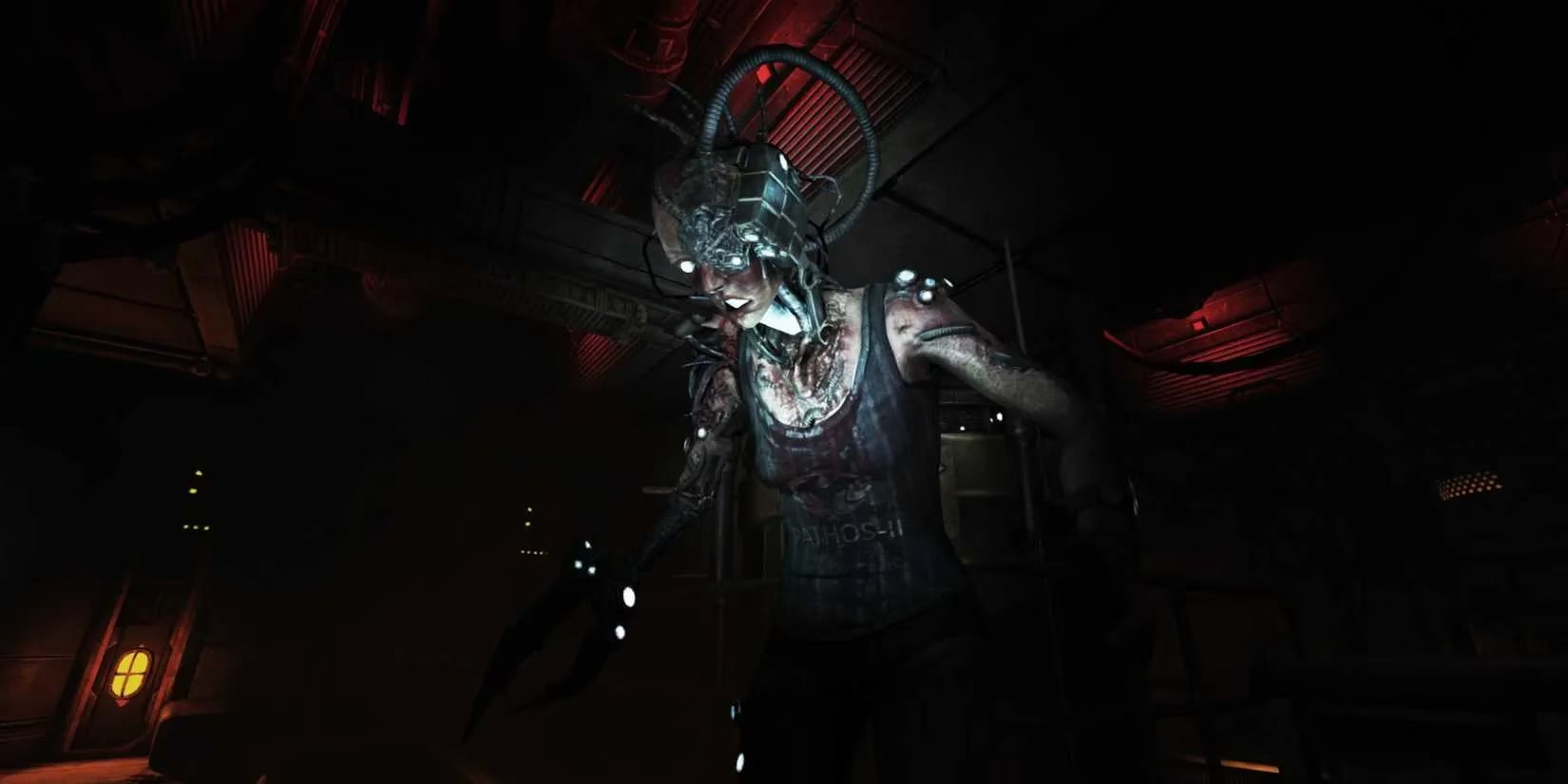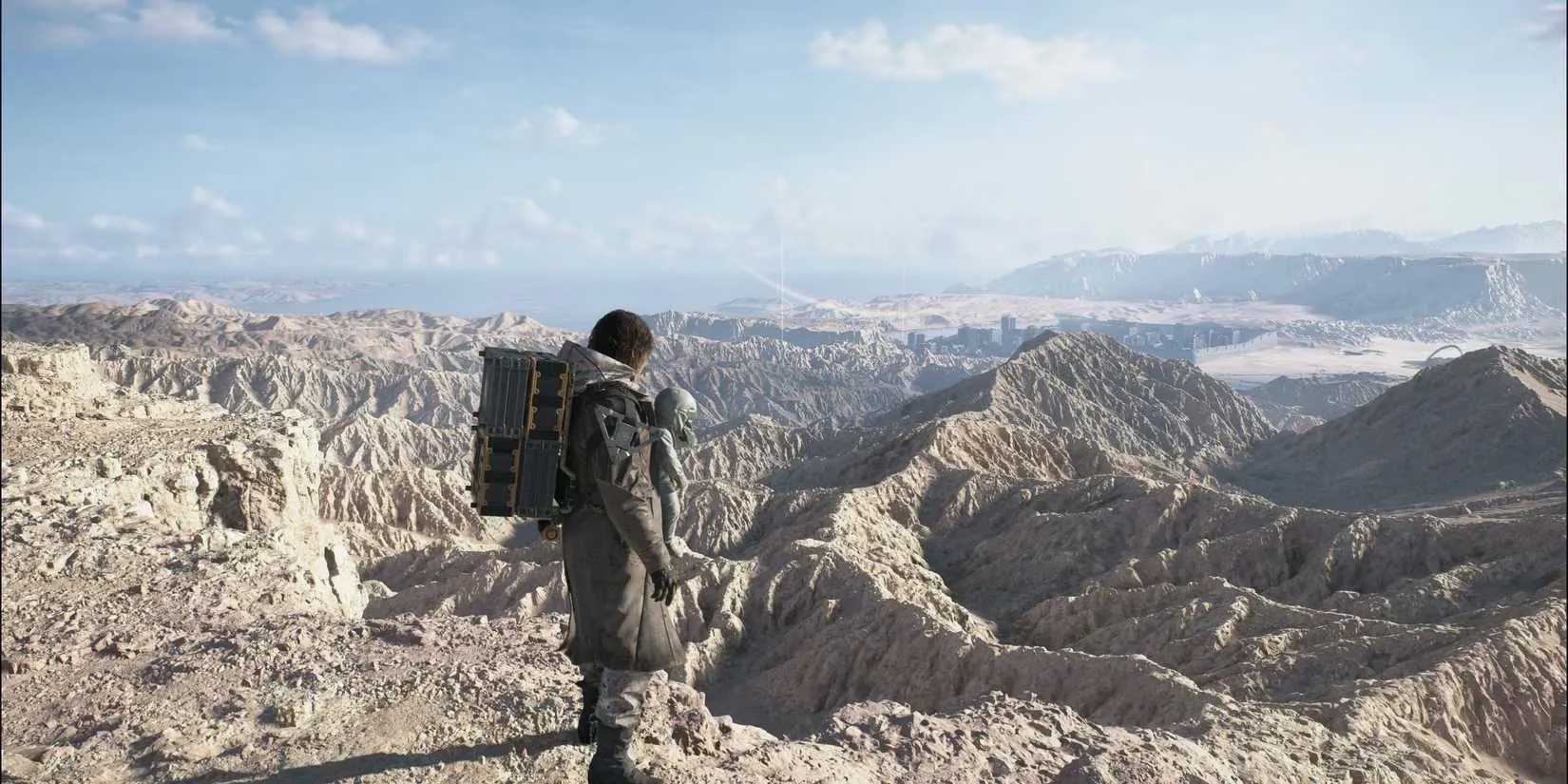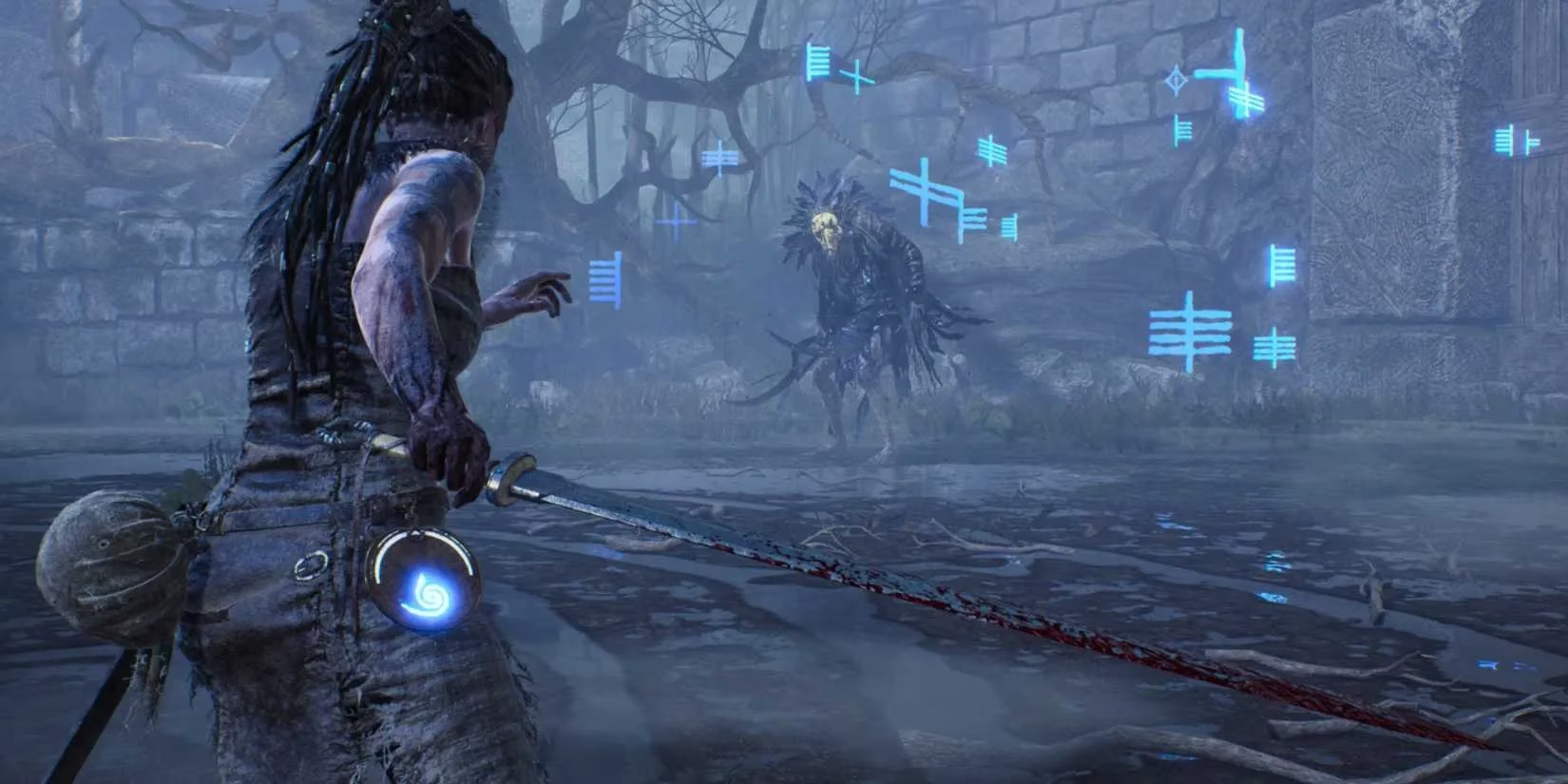As a lifelong gamer, I often find myself lost in the visual splendor of modern titles, but it's the unsung hero of sound design that truly anchors me to these virtual worlds. You might not notice it when it's mediocre, but when it's exceptional—like a spider weaving an invisible web of atmosphere—it transforms the experience as much as graphics or gameplay ever could. Sometimes, the game itself isn't groundbreaking, yet the sounds make me feel things I didn't expect, pulling me deeper into the narrative. Whether it's the echo of footsteps in an abandoned building or the guttural cry of a distant enemy, these auditory details don't just accompany the action; they become the soul of the game. I've explored countless titles over the years, and in 2025, with advancements in audio tech, the magic of sound design feels more potent than ever.
Reflecting on my journey, several games stand out for their masterful use of sound. Here's a quick overview of my top picks:
| Game Title | Key Sound Design Element | My Personal Experience |
|---|---|---|
| Bloodborne | Disturbing ambient groans and visceral combat sounds | Felt like being enveloped in a nightmare where every drip of blood was a whisper of dread. |
| SOMA | Lonely, oppressive underwater noises | The electronic cries were as jarring as a forgotten refrigerator humming in an empty house. |
| Death Stranding 2 | Realistic footsteps and horrifying BT sounds | Each stumble echoed like a ghost's secret in a crowded room, making isolation palpable. |
| Hellblade: Senua's Sacrifice | Voices in Senua's head depicting schizophrenia | The overlapping whispers created a psychological labyrinth that haunted me for weeks. |
Starting with Bloodborne, it's not just a game; it's an auditory assault. I remember booting it up with my legit speaker system, turning down the lights, and letting the sounds of Yharnam consume me. The townsfolk's groans were unsettling, but it was the blood-splashing effects during combat that hit hardest—every slash felt like tearing into reality itself.  Then there's the ethereal weirdness of Hunter's Dream, where ambient noises wrap around you, heightening the horror. It's a reminder that great sound design isn't about perfection; it's about raw, emotional resonance that jumps from terror to awe without warning.
Then there's the ethereal weirdness of Hunter's Dream, where ambient noises wrap around you, heightening the horror. It's a reminder that great sound design isn't about perfection; it's about raw, emotional resonance that jumps from terror to awe without warning.
Jumping to SOMA, the loneliness hits you immediately. Waking up in that underwater facility, the oppressive silence was broken only by distant creaks and gurgles. When I encountered those 'people,' their pained electronic cries sent shivers down my spine—it was like hearing the hum of a machine that shouldn't exist, amplifying the existential dread.  This game taught me that sound can build tension better than any jump scare; the ambient noises kept me on edge late into the night, making me question every shadow.
This game taught me that sound can build tension better than any jump scare; the ambient noises kept me on edge late into the night, making me question every shadow.
Death Stranding 2 took things further in 2025. Traveling on foot, I was struck by how every step resonated with clarity—stumbling felt dangerous, and the clatter of equipment tumbling down a mountain was as shocking as the visuals. The BTs' subhuman sounds were terrifying, but the Ghost Mechs added a paranormal layer, with sci-fi noises that hunted me relentlessly.  Combat sounds exploded this time, especially in boss battles against figures like Neil Vana. Listening for enemy footsteps or distant commands made me hyper-aware—it was as if the game was whispering directions directly into my mind. This sequel proves how sound can evolve, turning mundane actions into heart-pounding moments.
Combat sounds exploded this time, especially in boss battles against figures like Neil Vana. Listening for enemy footsteps or distant commands made me hyper-aware—it was as if the game was whispering directions directly into my mind. This sequel proves how sound can evolve, turning mundane actions into heart-pounding moments.
Now, Hellblade: Senua's Sacrifice is unparalleled. Playing with headphones, the voices in Senua's head—conflicting, overlapping—felt like a personal invasion. I swear, at times, it mimicked real schizophrenia so well that I had to pause and collect myself. The combat sounds, with blades clashing and flesh tearing, created a disturbing symphony.  For me, this game redefined immersion, showing that sound can be a character itself, not just background noise.
For me, this game redefined immersion, showing that sound can be a character itself, not just background noise.
Other titles like Little Nightmares 2 and Alan Wake 2 also shine. In Little Nightmares, the lack of music meant every ambient shriek in that abandoned school felt like a cold hand on my shoulder. Alan Wake 2's whispers and creaking doors made me jump at real-world sounds—proof that subtle design can outdo bombast. And Red Dead Redemption 2? The crackling campfires and horse hooves made the Old West feel alive, like stepping into a dusty memory. 
Looking ahead, I wonder—what if future games use sound to delve into our own psychology? Could AI-driven audio create personalized horrors that echo our deepest fears? As tech advances, the potential feels limitless, inviting us to listen not just with our ears, but with our souls.